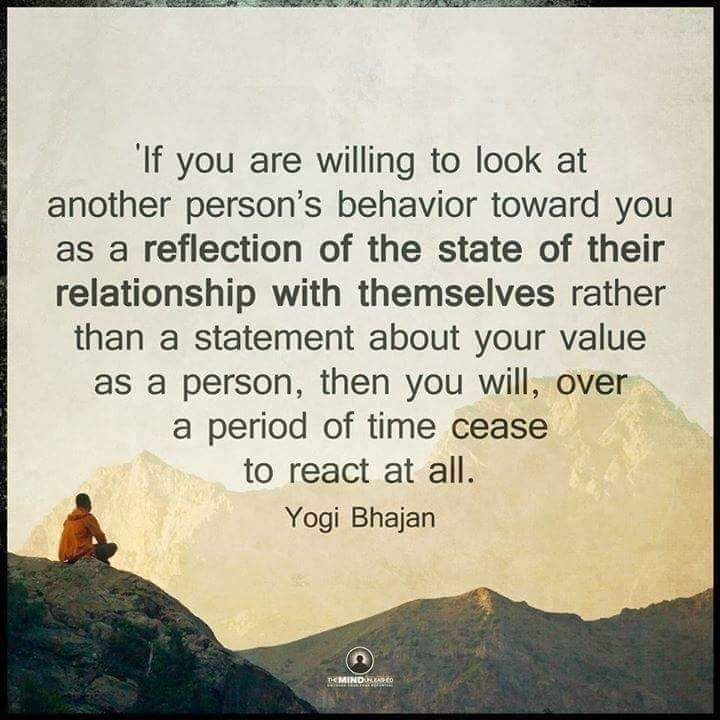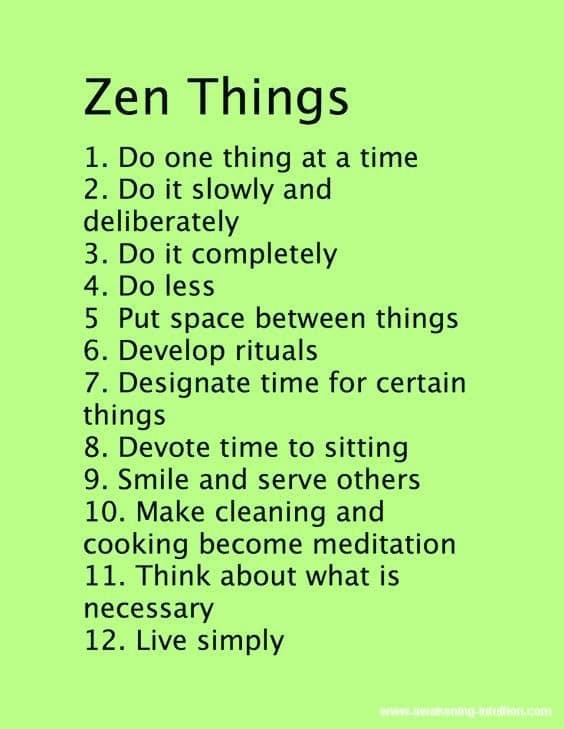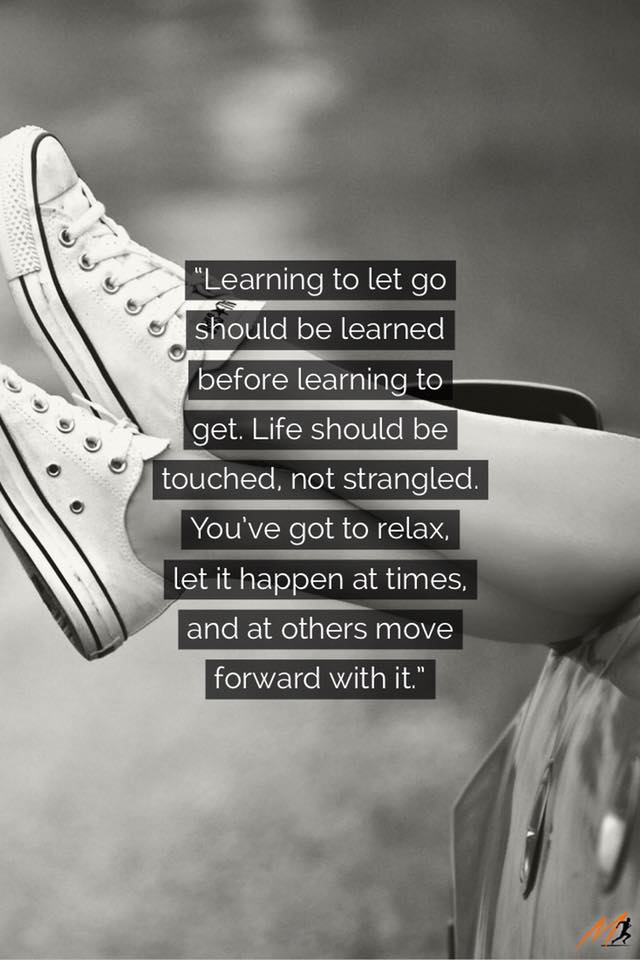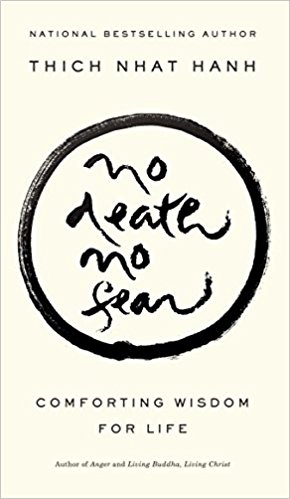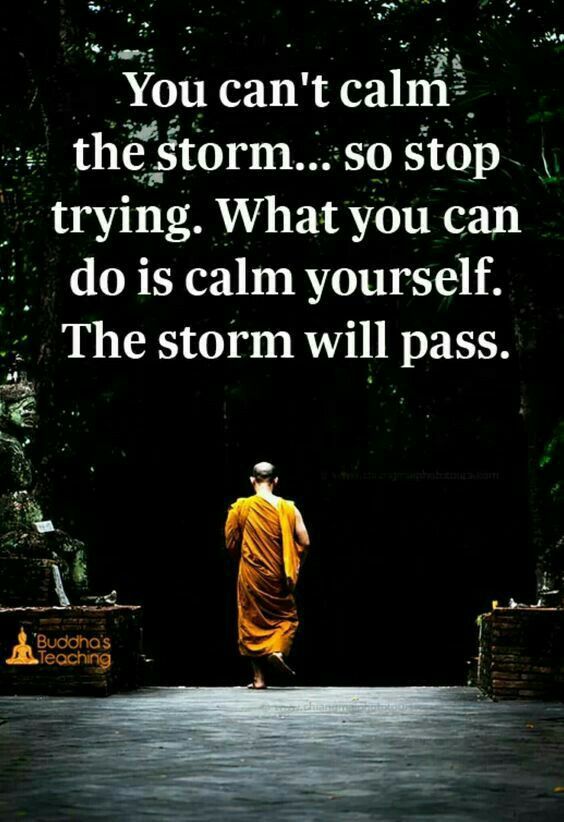“Glimpses of love and joy or brief moments of deep peace are possible whenever a gap occurs in the stream of thought. For most people, such gaps happen rarely and only accidentally, in moments when the mind is rendered ‘speechless,’ sometimes triggered by great beauty, extreme physical exertion, or even great danger. Suddenly, there is inner stillness. And within that stillness there is a subtle but intense joy, there is love, there is peace.” ~ Eckhart Tolle, The Power of Now (Page 29)
The Power of Now [Book]
Buy from Amazon! Listen on Audible!
Not enough time to read/listen to the whole book? Check out the 16 minute Blinkist version of The Power of Now and get the key insights here for free.
Post(s) Inspired by this Book:
- 32 Deep and Insightful Eckhart Tolle Quotes from The Power of Now
- Eckhart Tolle Quote on Joy and How Your Frequent Desire To Travel Might Be Limiting The Joy You Feel (Beyond the Quote 294/365)
- Eckhart Tolle Quote on Understanding Who You Are and How You Might Best Influence Others (Beyond the Quote 257/365)
- Eckhart Tolle Quote on Love and How Love Isn’t Selective or Exclusive (Beyond the Quote 170/365)
- Eckhart Tolle Quote on Taking Responsibility and Making the Present Moment Your Ally (Beyond the Quote 82/365)
- Eckhart Tolle Quote on Finding The Life Underneath Your Problems (Beyond the Quote 53/365)
- Eckhart Tolle Quote on Monitoring Your Mental-Emotional State To Keep Your Inside Right (Beyond the Quote 38/365)
- Goals Should Increase Present Joy—Not Move It Further Into the Future (Beyond the Quote 2/365)
No Death, No Fear [Book]
Book Overview: Nominated by Martin Luther King, Jr. for a Nobel Peace Prize, Thich Nhat Hanh is one of today’s leading sources of wisdom, peace, compassion and comfort. With hard-won wisdom and refreshing insight, Thich Nhat Hanh confronts a subject that has been contemplated by Buddhist monks and nuns for twenty-five-hundred years— and a question that has been pondered by almost anyone who has ever lived: What is death? In No Death, No Fear, the acclaimed teacher and poet examines our concepts of death, fear, and the very nature of existence. Through Zen parables, guided meditations, and personal stories, he explodes traditional myths of how we live and die. Thich Nhat Hanh shows us a way to live a life unfettered by fear.
Buy from Amazon! Listen on Audible!
Great on Kindle. Great Experience. Great Value. The Kindle edition of this book comes highly recommended on Amazon.
Post(s) Inspired by this Book:
“We try to direct the mind toward recognizing reality. This is a chant that is recited daily in Buddhist monasteries: ‘Breathing in and out, I am aware of the fact that I am of the nature to die; I cannot escape dying. I am of the nature to grow old; I cannot escape old age. I am of the nature to get sick. Because I have a body, I cannot avoid sickness. Everything I cherish, treasure and cling to today, I will have to abandon one day. The only thing I can carry with me is the fruit of my own action. I cannot bring along with me anything else except the fruit of my actions in terms of thought, speech and bodily acts.'” ~ Thich Nhat Hanh, No Death, No Fear
8 Osho Quotes on Living in the Moment. THIS Moment. Right Now.
Excerpt: Drop the mind and suddenly you become happy for no reason at all. Read our 8 Osho quotes on living in the moment and start tasting the now.
Read More »8 Osho Quotes on Living in the Moment. THIS Moment. Right Now.
“We run during the daytime and we run during our sleep. We do not know how to stop. Our practice is first of all to stop, then to relax, to calm down and to concentrate. When we can do this, then we are in the here and now. Then we become solid. And when we are solid, we can look around. We can look deeply into the present moment, we can look deeply into our true nature, and we can discover the ultimate dimension.” ~ Thich Nhat Hanh, No Death, No Fear
“No self also means emptiness, a technical term in Buddhism that means the absence of a separate self. We are of the nature of no self, but that does not mean that we are not here. It does not mean that nothing exists. A glass can be empty or full of tea, but in order to be either empty or full, the glass has to be there. So emptiness does not mean non-being, and it does not mean being either. It transcends all concepts. If you touch deeply the nature of impermanence, no self and inter-being, you touch the ultimate dimension, the nature of nirvana.” ~ Thich Nhat Hanh, No Death, No Fear
“Looking deeply into the flower, we see that the flower is made of non-flower elements. We describe the flower as being full of everything. There is nothing that is not present in the flower. We see sunshine, we see the rain, we see clouds, we see the earth, and we also see time and space in the flower. A flower, like everything else, is made entirely of non-flower elements. The whole cosmos has come together in order to help the flower manifest herself. The flower is full of everything except one thing: a separate self, a separate identity.” ~ Thich Nhat Hanh, No Death, No Fear
“When you look at the surface of the ocean, you can see waves coming up and going down. You can describe these waves in terms of high or low, big or small, more vigorous or less vigorous, more beautiful or less beautiful. You can describe a wave in terms of beginning and end, birth and death. That can be compared to the historical dimension. In the historical dimension, we are concerned with birth and death, more powerful, less powerful, more beautiful, less beautiful, beginning and end and so on. Looking deeply, we can also see that the waves are at the same time water. A wave may like to seek its own true nature. The wave might suffer from fear, from complexes. A wave may say, ‘I am not as big as the other waves,’ ‘I am oppressed,’ ‘I am not as beautiful as the other waves,’ ‘I have been born and I have to die.’ The wave may suffer from these things, these ideas. But if the wave bends down and touches her true nature she will realize that she is water. Then her fear and complexes will disappear.” ~ Thich Nhat Hanh, No Death, No Fear

